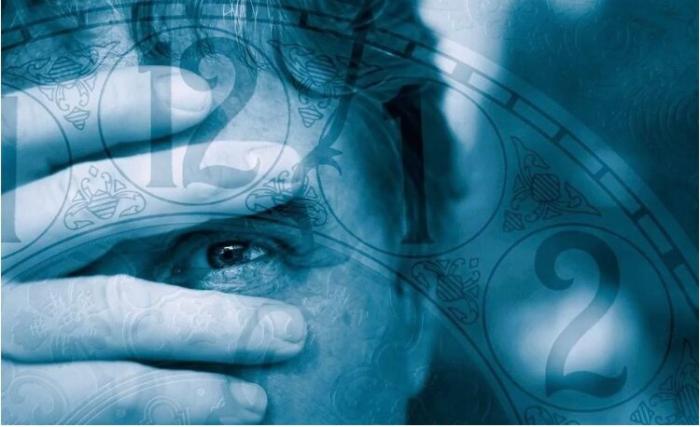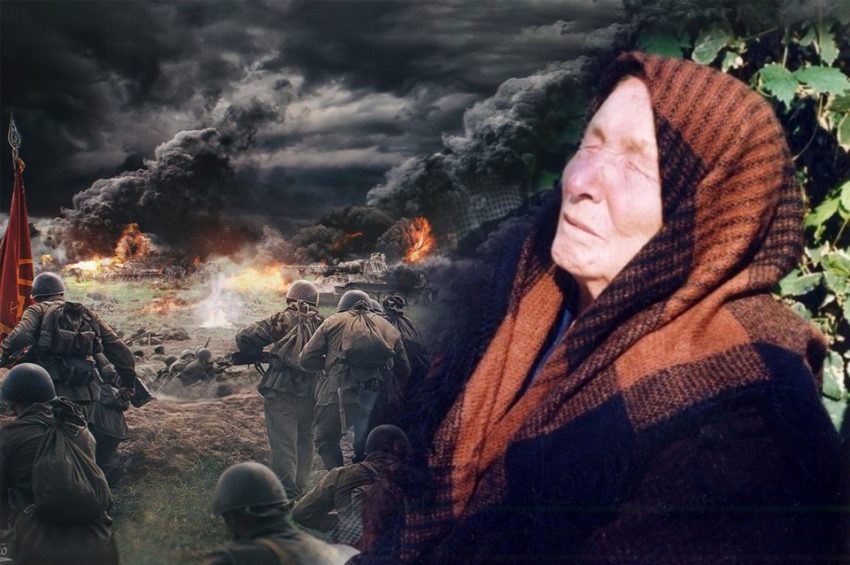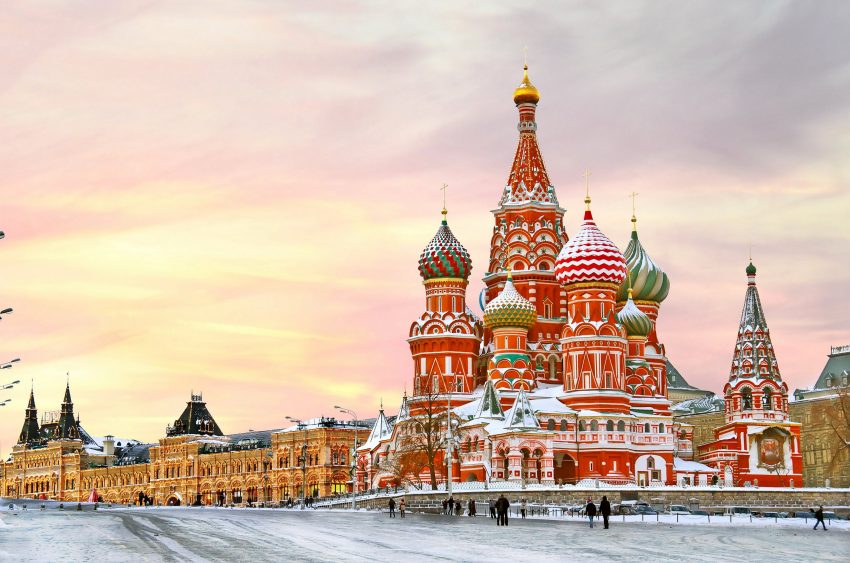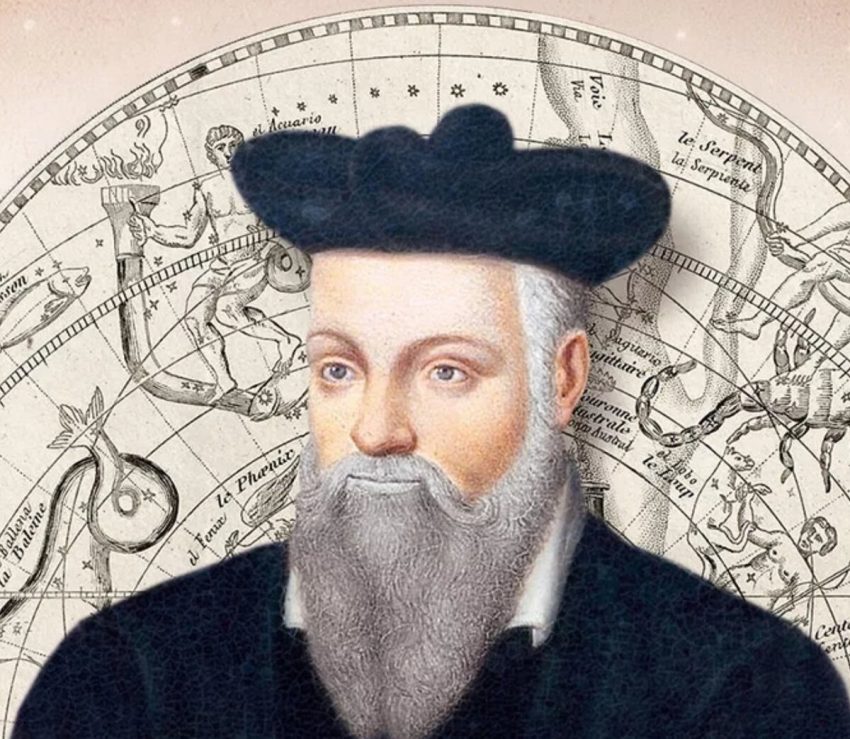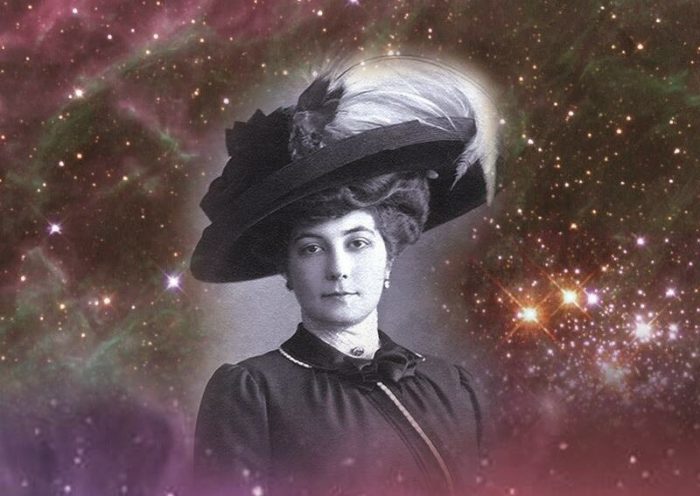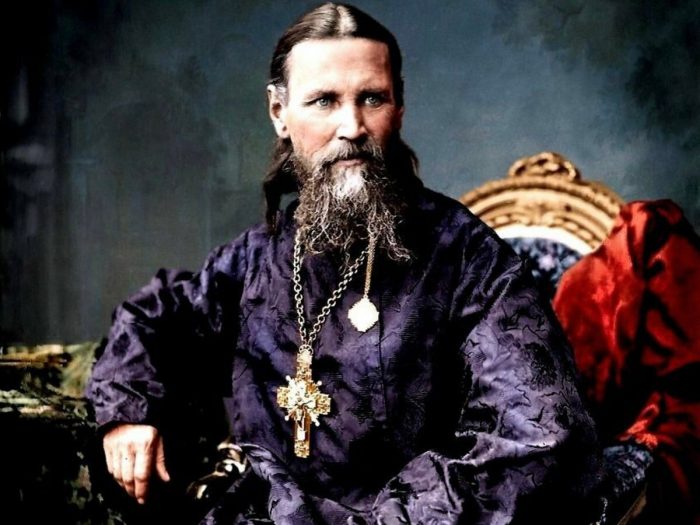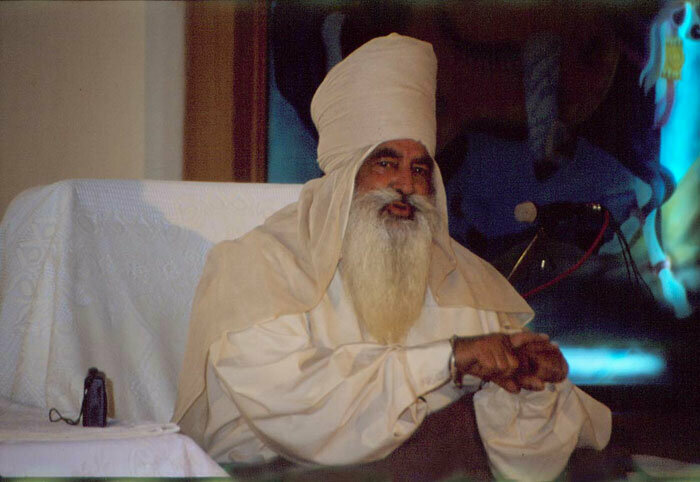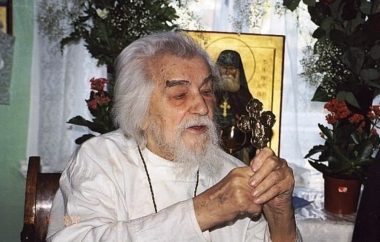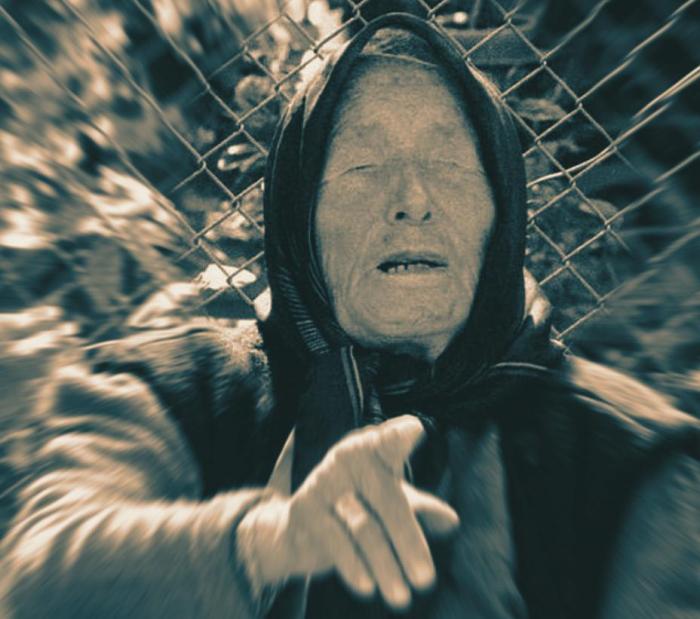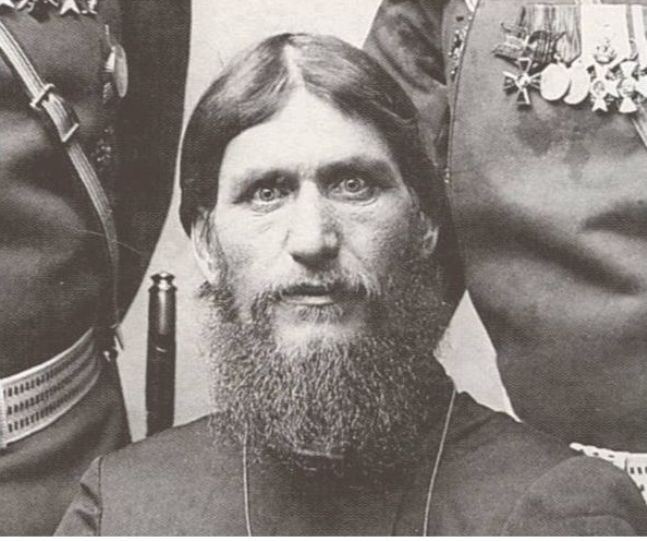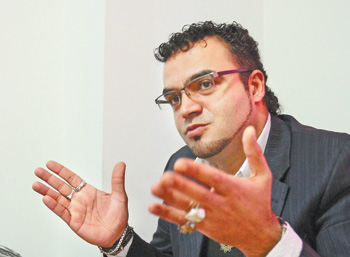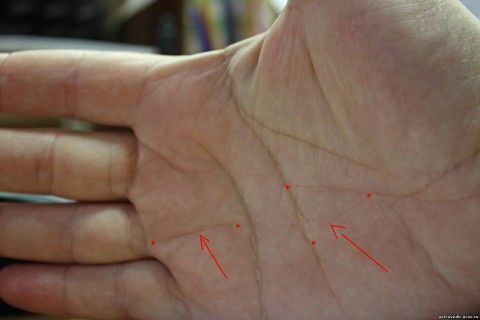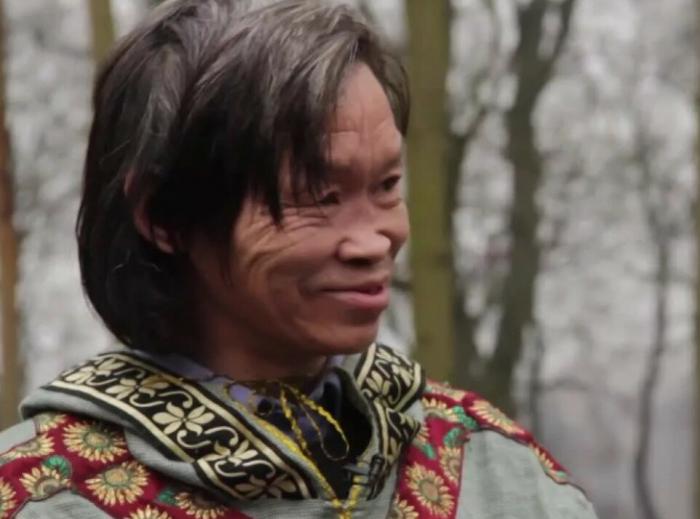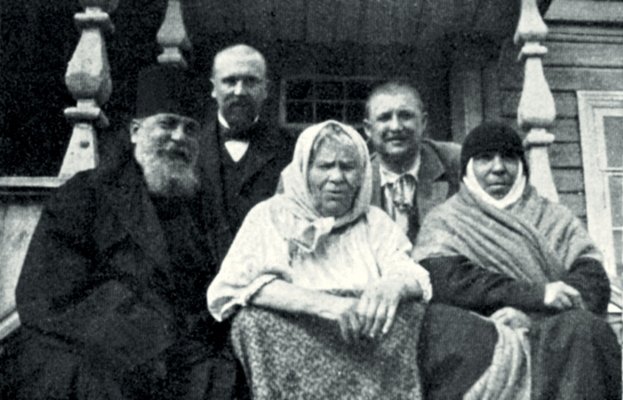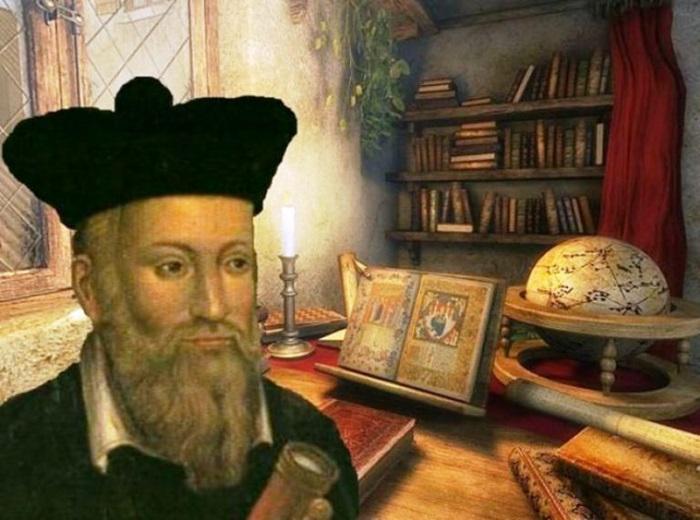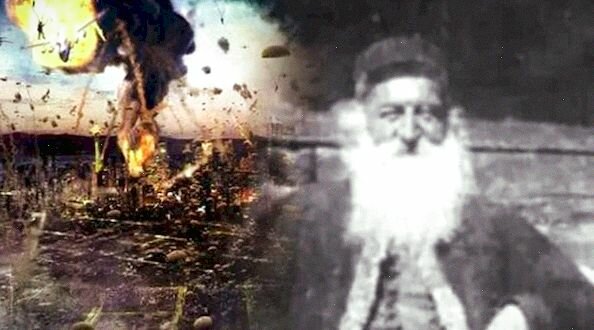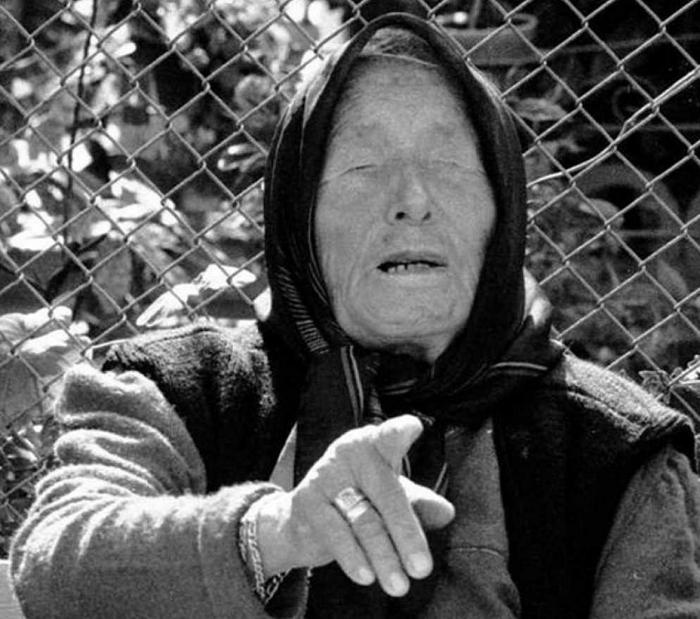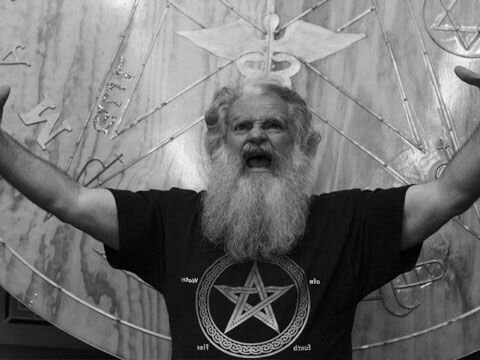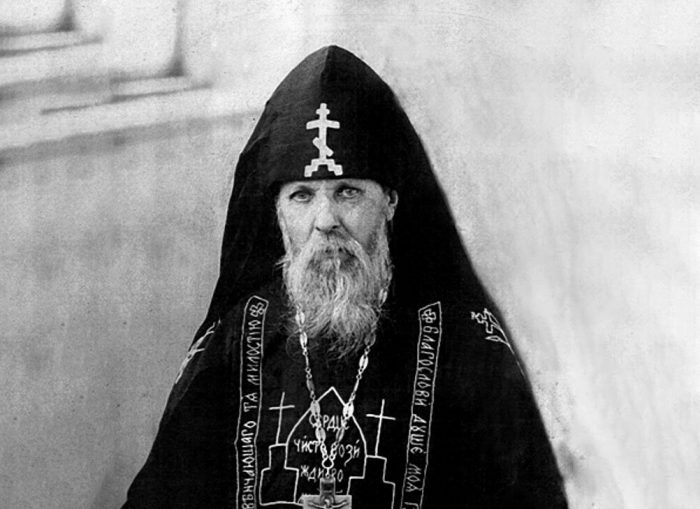The prophecies of the Vilna Gaon about Russia
Today, all eyes are turned to the Middle East: in this largest oil-producing region, a war is raging for the interests of the largest countries.
In addition to regional powers, the United States, Great Britain, Saudi Arabia, Qatar and Turkey actively participated in the conflict, and Russia has recently joined.
The world held its breath: how will the confrontation end? Meanwhile, the Israelis are not without optimism, remembering the prophecy of the Vilna Gaon .
MOUTH TO MOUTH
For a long time, the prophecies of the Vilna Gaon were kept in the strictest confidence, but last year his great-grandson, Rabbi Moshe Sternbukh, made them public for the first time. This happened after Crimea joined Russia in March 2014. The leading spiritual authority of the ultra-Orthodox community of Israel, Rabbi Sternbuch, said: the time of the Savior is approaching.
“Although I said that I would not reveal secrets to you, I will nevertheless reveal one, because this is not my secret, it was revealed by Rabbi Yitzhak Hever, may his memory be blessed, a student of Rabbi Chaim from Volozhin … and he heard it from the Vilna Gaon himself, who spoke about this shortly before he left this world. When you hear that the Russians have taken … Crimea, know that the time of the Redeemer is coming.
After the Turkish Air Force shot down a Russian Su-24 bomber, Russia imposed sanctions on Turkey, but President Putin says the other side will not get off with tomatoes alone. The Turkish authorities, led by Erdogan, categorically refuse to apologize, threatening to impose sanctions in return. The situation is so explosive that many have started talking about the beginning of the Third World War.
At that time, the revelations of the ancient sage Vilna Gaon were again remembered in Israel: “When the fleet of the Russian Tsar passes through the Bosporus and Dardanelles, the time will come to put on Sabbath (holiday) clothes on the occasion of the imminent arrival of the Messiah.”
This prophecy, which has received wide circulation, has a real basis.
GOG AND MAGOG
The Vilna Gaon prophesied that before the arrival of the Redeemer, a war would begin between the gog and the magog. According to the Old Testament, Gog and Magog are two warring peoples, with Magog living in the north. Jews often associated Magog with Russia, so many of them perked up when Russian warships found themselves off the coast of Syria.
It is no secret that relations between Israel and Turkey leave much to be desired, and Jews, to put it mildly, dislike Turkish President Erdogan. Shortly after the incident with the Russian plane, some Jews openly announced the imminent fall of the Erdogan regime. The most surprising thing is that the Turks themselves indirectly confirm the prophecy of the Vilna genius.
Even Archimandrite Leonid in the 19th century was a witness to this. Here is what he wrote in his study “Turkish prophecies about the fate of Constantinople”: “It is a remarkable fact that in the minds of the owners of Constantinople themselves, the Turks, there has long been a deep conviction, based on the prophecies of their own bookworms, that sooner or later Constantinople must be taken northern people, that is, “Muscovites”.
On the tombstone of Emperor Constantine, after whom Constantinople was named, it is written: “In the northern country, a certain great mighty language (people) will rise, which Ishmael (Turkey) will finally defeat and Sedmikholmie (Constantinople) will take with all its belongings.”
GENIUS ARE NOT BORN, YOU MAKE THEM
So who is he – the Vilna Gaon? His real name is Eliyahu ben Shlomo Zalman . The future sage was born in 1720 into the family of an eminent rabbi in the small town of Selets in the vicinity of Brest. His grandfather was Rabbi Moishe Ribkes, an interpreter of the Bible and other Old Testament texts.
From childhood, the child showed remarkable abilities. By the age of three, he was reading the entire Torah by heart, he could quote it even in reverse order. Until the age of 7, he studied with a famous rabbi-encyclopedist, but then he so surpassed all the teachers that he began to study on his own. There was simply no equal to him in learning! By the way, he studied all his life until old age, which he bequeathed to his students.
At 18, Eliyahu married, then undertook voluntary wanderings in Jewish communities, a tradition deeply rooted in prominent rabbis. During the pilgrimage, he visited the largest centers of Jewish and world learning, such as Berlin, Prague, Amsterdam, where he met with the largest rabbis, searched for the rarest manuscripts, and gained knowledge.
In 1745 he permanently settled in Vilna and gradually began to gain fame in the Jewish world as an outstanding rabbi of his generation. At the same time, the nickname Gaon was assigned to him, which means “genius” in Hebrew.
Since 1760, he gathered around himself students, to whom he began to transfer part of his knowledge, in the future they developed the ideas of the teacher, opening yeshivas and creating communities according to his principles. Among them, Rabbi Chaim from Volozhin, who enjoyed the great confidence of his patron, stood out in particular. Although Eliyahu ben Shlomo Zalman never held official positions, the Jewish community of Vilna paid him a salary and provided money for the yeshiva.
An ascetic by nature, the Gaon never held any position in the Jewish community, preferring to work independently and not depend on the burden of duties entrusted to him. Nevertheless, he was considered the undisputed spiritual leader of Lithuanian, Polish, Belarusian and Russian Jews.
Memorial plaque on a house on Zhidou street in Vilnius
THE FIRST SWALLOW
The Vilna Gaon also became famous for his harsh stance towards the Hasidim. He denounced them for betraying Jewish tradition and neglecting Torah students, considered the elite in Jewish circles. In 1772 and 1777, the Hasidim made attempts to reconcile with the Gaon, but he was so firm and unshakable that he even refused to meet with a delegation of major Hasidic leaders.
The sage called them heretics, and boycotted their movement, which turned all the Hasidim against him. But thanks to his firm position, Hasidism partially suspended its victorious march across Europe.
In 1780, the Vilna Gaon tried to emigrate to Eretz Yisrael, as the Jews called the Promised Land, which later became Israel. In fact, he was one of the first to attempt to realize the age-old dream of his people – to regain their historical lands. However, the sage reached only Koenigsberg and, for unknown reasons, returned back to Vilna.
The Gaon died during the holiday of Sukkot in 1797, shortly after the introduction of Russian troops into Lithuania. Rumors spread in Vilna that the local Hasidim danced for joy upon learning of his death. Orthodox Jews mourned the death of their spiritual mentor. The Gaon was buried in the Jewish cemetery on the outskirts of Snipiszekes (Snipiskes) on the right bank of the Viliya, opposite the Castle Hill.
The cemetery was closed in 1930 and liquidated in 1949-1950. The body of the spiritual leader was transferred to a crypt at the new Jewish cemetery in Shishkin. His wife and son found their last resting place there.
DESCENDANTS OF A GENIUS
Today, the veneration of the Vilna Gaon among Orthodox Jews knows no bounds. They honor him for his great seclusion, for his views, which formed the basis of modern Judaism. In the hearts of the Jews found a response and his call to return to their historical homeland.
The Vilna Gaon is called the harbinger of Jewish repatriation. He himself did not reach Palestine, but sent his disciples there with their families, who formed the core of the first Jewish settlers of the future Jerusalem. Today, his admirers firmly believe that the notes with requests left in the crypt of the Gaon will certainly reach God.
The Vilna Gaon gave the world talented descendants. Among them are Ilya Efron, the founder of the Brockhaus and Efron publishing house, as well as Israeli Prime Minister Benjamin Netanyahu.
